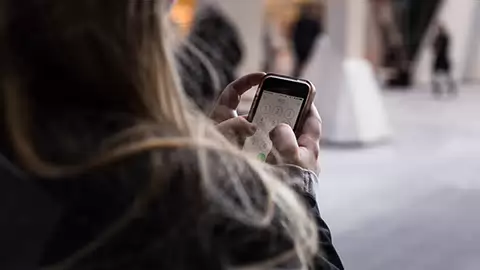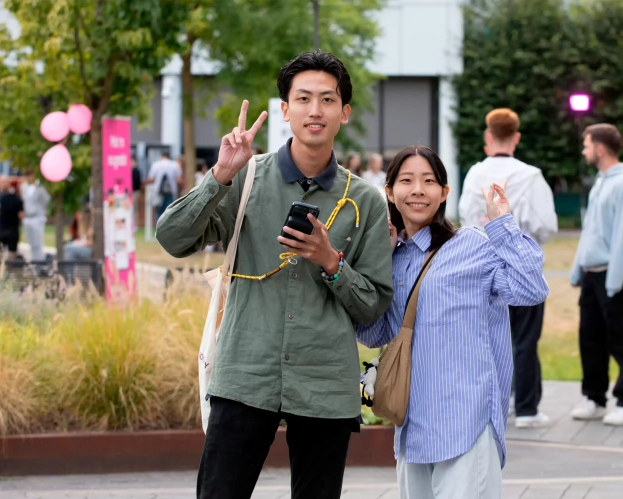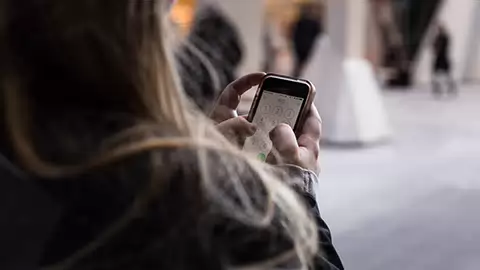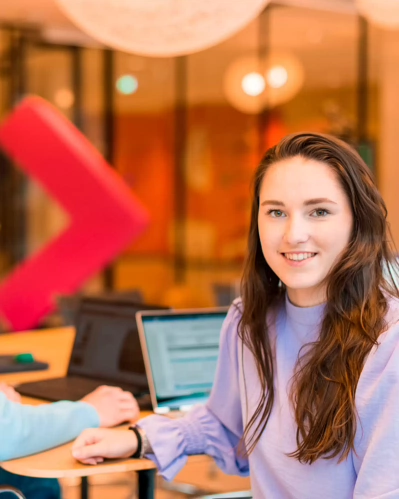

AI-systems; High Tech AI Solutions
- Starts February and September
- English
- 30 ECTS
- 5 months
- Start moment(s)
- September, February
- Location
- Venlo
- ECTs
- 30
- Language
- English
- Duration
- 20 weeks
Want to discover
- How the working of the brain can help us in agro robotics?
- How AI influences the Vision, IoT, and Robotics disciplines for agro problems?
- How Deep Learning is changing Engineering?
- How Augmented Reality can accelerate tomato picking?
- How to engineer the complex embedded systems needed for next generation autonomous vehicles?
- How Systems engineering and Cybernetic control play a role in this?
- How Edge Computing changes the design of IoT systems?
- How robots learn behaviours instead of just being programmed?
- How virtual plant modelling can help in harvesting?
- Why the small scale of Venlo facilitates a unique eco system for this multidisciplinary minor?
Programme in brief
In this program we welcome you as exchange students from our partner institutes. The minor AI-systems offers you a fixed, but short, introduction program and then switches over to electable courses, in which you develop knowledge and skills on the crossover of biology and technology in an on demand way. This crossover is a relatively new area of hybrid engineering, optimally suited for the innovative breakthroughs in bio-technical solutions, needed by today’s agricultural sector.
What to expect from us
The student knows the agrifood sector from a biological and technological point of view. He knows how to measure certain parameters of plants and/or animals and how to regulate the environment in order to influence the growth process and/or behaviour.
What do we expect from you?
You develop their own studies with passion and talent, and are stimulated to rise above yourself in one or more themes in order to earn a place in the professional field. The education is demand driven in order to foster your own talents to the max. We provide the opportunities, but the student creates his own path!
Content of the programme
In this minor, students will make the connection between the world of biology, the world of technology and the world of business administration, see Figure 1. The still independent biological systems and the technical systems will be linked and influence each other with the aim of gaining more knowledge of the biological world on the one hand and making the biological world function more 'optimally' on the other hand.
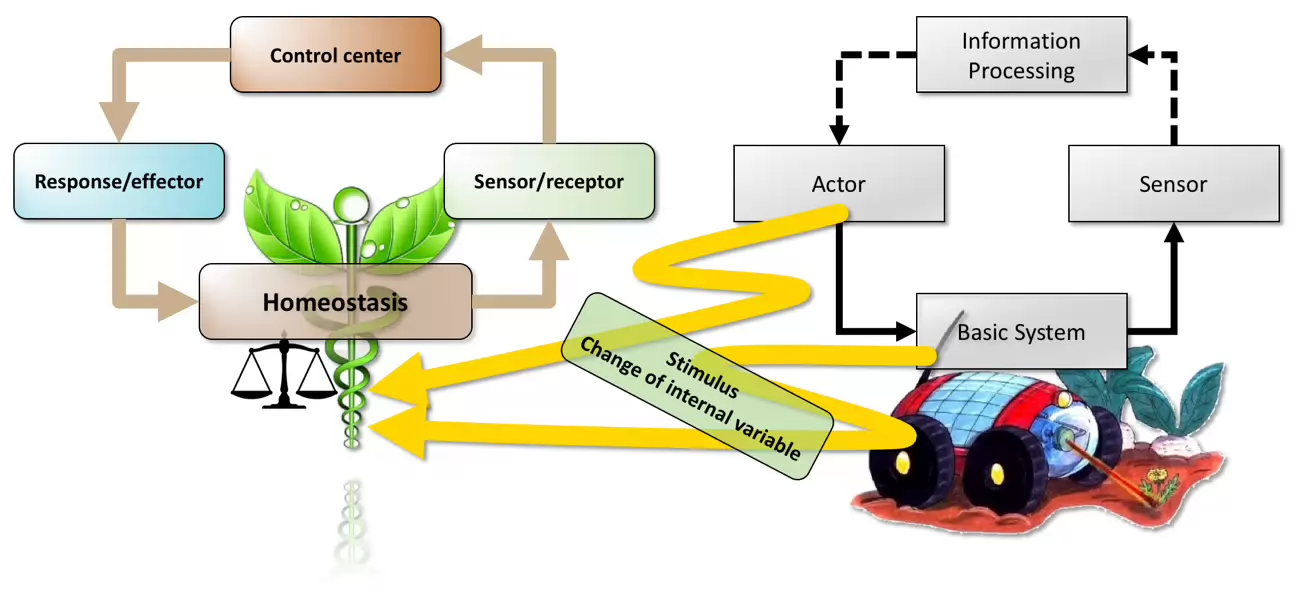
Figure 1: Connection between the worlds
The most important themes for the supporting courses are indicated below. This is not exhaustive and the themes depend on project content and personal interest.
- Plant science - Physiology, anatomy, photosynthesis, anatomy and morphology, soil cultivation;
- Animal science - Physiology, anatomy, behaviour and nutrition and health;
- Bio sensor - Detecting the presence of chemicals on living organisms or biological molecules;
- (abiotic) Actuation - Optimising animal and plant health/welfare by any form of actuation;
- Data analytics - Big Data, Data Conversion, Data Clustering and Classification, hyperspectral, data intensive sensors/actuators, omics;
- Data synthetics - Big data, motor babbling, orchestration of multiple and possibly heterogeneous actuations (e.g. movement), data intensive actuators, omics;
- Ethics - Philosophy that deals with the critical reflection on the right actions;
- Machine vision - The camera as a sensor, image processing algorithms, recognition, exposure;
- Robotics - Field of robotics, types, species, kinematics, programming, tools;
- Systems engineering - Systems Engineering is a holistic and interdisciplinary approach/methodology to enable the realization of successful systems. The intended system integrates, among other things, the above-mentioned themes as links in a cyclical chain that aims to optimise the primary business process in the outside world, see Figure 2.
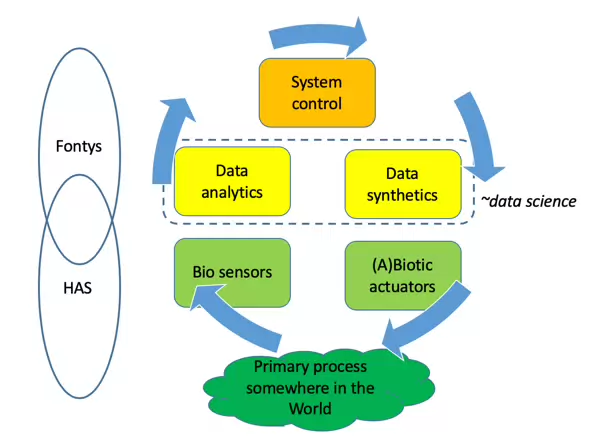
Figuur 2: Systems Engineering, connecting themes
Minor orientation
Have you already thought about your choice of minor? Do you want to immerse yourself in your profession, or do something completely different? Your choice of your minor can be quite difficult. The most important thing is that you choose something that really suits you. This way you can distinguish yourself from others and make your studies even more personal.
How to apply for this minor
Fontys and other Dutch UAS students, apply for this minor via https://www.kiesopmaat.nl.
Application deadline
- Sign up for a minor starting in September from February 1 until July 1 at the latest.
- Sign up for a minor starting in February from July 1 untril December 15 at the latest.
